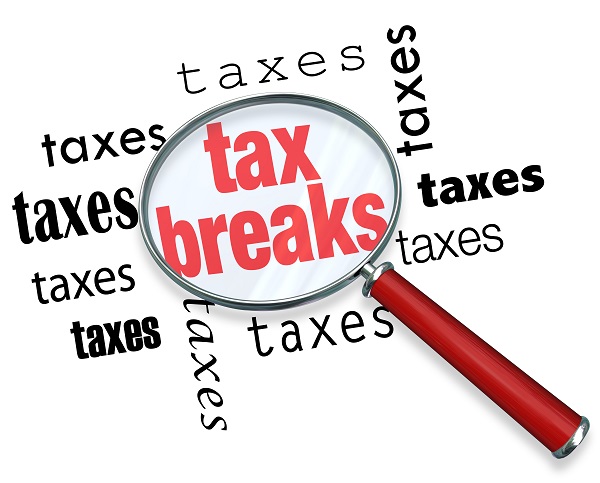
Deciding whether to lease or purchase a place of business is a critical decision for both financial and strategic reasons. While many businesses choose to lease their premises, there are several advantages to owning your place of business. In particular, the Internal Revenue Service (IRS) offers certain tax advantages to property owners that may conform to their short and long term objectives.
Depreciation. When a business owner leases a property, the lease payments are considered a business expense that can reduce the lessee’s income. Purchasing a property for business use does not confer the same tax benefit. However, you can deduct depreciation expenses to decrease your overall tax liability. The IRS permits business owners to decrease the value of an asset that it is “placed in service”. A property is placed in service when it is ready and available for a designated use. The depreciation deduction allows the owner to recover the cost of the business over a number of years.
According to IRS rules, commercial buildings can be depreciated over a 39-year time span. Commercial land, however, is not subject to depreciation since it is not treated as an asset that deteriorates. Thus, the business owner must differentiate between the value of the land and the value of the structure when accounting for depreciation. An owner can choose to accelerate the depreciation timeline by utilizing the cost segregation method of depreciation. With this method, the structure and the components thereof, such as wiring or lighting, can be individually depreciated over a shorter time span.
Mortgage Interest Payments. Business owners can deduct mortgage interest payments made during the year as a business expense. The principal payments on the mortgage, however, are not a tax deductible expense.
Deductions. In addition to deducting depreciation, business owners can write off various other expenses including repairs, maintenance and taxes. While improvements are generally depreciated over time, most repairs are deductible in the year in which the repair was undertaken. Any improvement that increases the value of the property is typically considered a capital expense that is depreciable over a number of years.
Contact Shane Coons at 949-333-0900 or visit his website at www.ShaneCoonsLaw.com to find out more about his practice.
